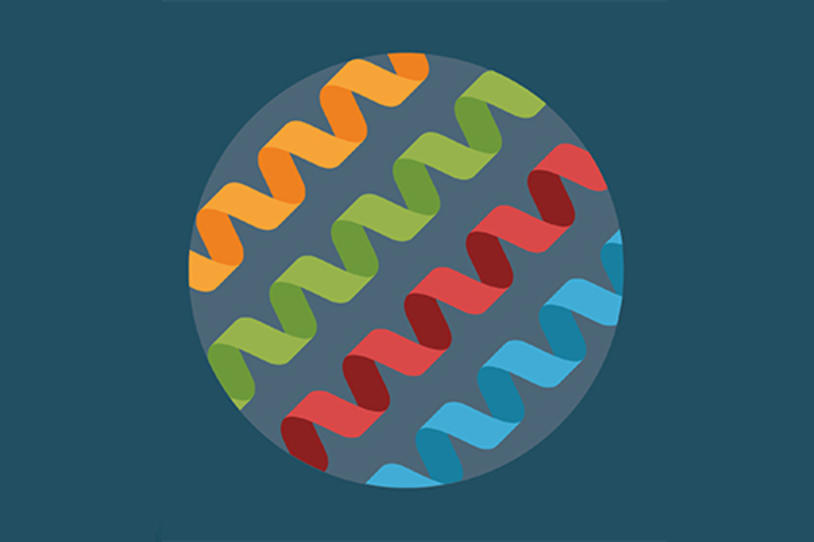
The protein parkin normally breaks down other, damaged proteins in the cell. In Parkinson’s disease (PD), the loss of parkin activity may lead to build-up of damaged proteins and, subsequently, cell death. The Michael J. Fox Foundation recently funded a slew of projects to learn more about the role parkin plays in Parkinson’s and how they might target this protein to stop disease progression. Below is a selection of the most recent to hit our Funded Grants database.
Examining How Parkin Works with Alpha-synuclein
Deniz Kirik, MD
Lund University, Sweden
Increasing parkin activity may keep alpha-synuclein from toxic clumping.
Alpha-synuclein is another protein of great interest to Parkinson’s researchers; it clumps in the cells of people with PD. Since parkin helps clear out toxic proteins, scientists are curious about the relationship between these two. This project will study how parkin affects alpha-synuclein in dopamine neurons, which are lost in PD. Scientists will compare the concentration of alpha-synuclein in the presence and absence of parkin function. Evidence that increased parkin activity could avoid alpha-synuclein clumping would support parkin as a target to slow or stop PD.
| Turning On Inactive Parkin Vicki Nienaber, PhD Zenobia Therapeutics, Inc., California |
Activating Parkin with Novel Compounds Jennifer Johnston, PhD Annoah Discovery, California |
Developing drugs to make inactive protein active could protect cells from damage.
Parkin is present in cells in inactive (off) and active (on) states, and, theoretically, more active parkin could protect cells from damage and slow or stop PD. These two projects use different methods to introduce parkin to small fragments of drugs that may turn the proteins from off to on. When they have identified candidates, scientists will continue to develop them toward disease-modifying drugs.
Identifying Where Parkin Interacts with Other Players
Irene Pichler, PhD
European Academy of Bolzano, Italy
Knowing where on its structure parkin binds with other proteins could point to a drug target.
In PD, part of the cell called the mitochondria (the “powerhouse”) is defective. Normally parkin plays a role in keeping mitochondria healthy. This project will identify where on the protein (the binding site) it interacts with protein in the mitochondria. Then they will test whether in PD the binding site is abolished or weakened. Their hypothesis is that the normal interaction between parkin and this mitochondrial protein is important for mitochondrial health. Mimicking this protein-protein interaction may help keep mitochondria healthy and stop PD.
Pumping More Parkin into Cells
Jason Wong, PhD, MBA
iProgen Biotech, Inc., Canada
Protein replacement therapies could offer more parkin to protect cells.
This project aims to make a synthetic form of parkin that can permeate cells and help keep them healthy. These proteins will contain a short extension, called a peptide, that will help them get in the cell. Scientists will test whether this synthetic parkin offers protection in cellular models of PD. If successful, they may form the basis for new therapeutic strategies to treat PD.
Read more about other projects the Foundation is supporting around parkin.
